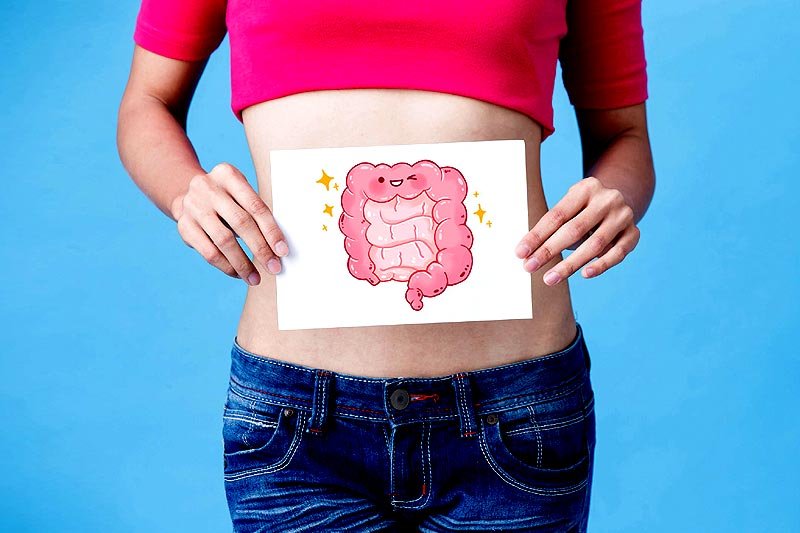How to Boost Your Digestion : Let me be clear to you right now: I’m about to start talking about poop.
If you’re like most people, you probably don’t spend much time thinking about your bowels. That is, of course, until they’re no longer working right.
It’s hard to put into words the sheer amount of discomfort that accompanies poor digestion. Not only do you feel bloated and full, but when it gets really bad, it can feel like none of your pants fit anymore.
Look, those old raggedy sweatpants can stay in the back of your closet. Instead of resigning yourself to feeling icky and gross, you can actually train your stomach to have normal, healthy movements.
Poor digestion doesn’t have to be a problem that you must face. If you’re looking to get your stomach moving again and finally find lasting relief from your digestion woes, then look no further.
For a healthy digestive system, these five tips can help you finally get “going” again! Whether you need to add some healthy habits or kick some bad digestive habits, it’s easy enough to get your digestion back on track.
How to Boost Your Digestion
-
Fill Up on Fiber
The modern diet, while convenient, is probably the worst thing you could eat if you’re trying to regulate your bowels.
If you’re like most people, you’re probably struggling with finding time to eat healthy. You may find it hard to fill up on fiber-rich foods like whole grains, fresh fruits, and vegetables.
You may hit the drive-thru several times a week. You may even do it several times per day!
In turn, you feel crummy, your energy levels are poor, and your stomach? Painfully bloated and definitely not happy.
To keep your bowels feeling good, you need to nourish your digestive system. Experts recommend that you eat between 25-35 grams of fiber per day.
You’ll want to enjoy a mix of both soluble and insoluble fiber, as they both play a role in healthy digestion. Soluble fibers form “bulk,’ and insoluble fibers push things through faster.
Together? The end result is a flat, healthy, happy stomach!
-
Skip the Chewing Gum
Many people like to chew gum between meals.
Whether you like to chew it to freshen your breath up after lunch, or you’re using it to ward off cravings, chewing gum can backfire when it comes to digestion.
Chewing gum can hurt your stomach in two different ways.
For starters, it has been shown that if you chew gum, you’ll also be swallowing air, too. This can lead to an increase in gas and bloating in your stomach.
Second, many gums are full of artificial sweeteners and sugar alcohols. While these sweeteners can improve the flavor of the gum, they can do a serious number on your stomach.
Not only can they affect your gut flora (the healthy bacteria in your digestive system), but they can also disrupt your digestion, too.
If you want to have a pain-free stomach, it’s wise to skip the chewing gum altogether.
-
Don’t Ignore the Urge to Go
Having an upset digestive system can be very frustrating.
When you want to go, you get nothing. Nada. Zilch.
But when you’re focused at work, trying to study, or – goodness forbid! – on your long commute home, the urge may strike.
There are good times to answer the call of nature, and there are bad times. Obviously, you can’t always duck out of a business meeting to take care of business.
But the thing is, if you want to have healthy bowels, you gotta go when you gotta go.
I’m not saying to drive dangerously to get home in time to duck into the restroom. But when your body gives you hints, you need to listen up.
If you start to ignore the urge to go, your body will stop giving you these urges in the future. In turn, you’ll wind up constipated and bloated more frequently.
One way to help keep your stomach running smoothly is to set a routine. Perhaps when you first wake up in the morning, spend some time alone in the bathroom. Or before bedtime.
If you make sure to go when your body says go, you’ll have less pain and discomfort in the future.
-
Drink Plenty of Water
How much water are you getting per day?
Is it the minimum recommended 2.7 to 3.7 liters? Or are you falling short of this requirement?
Many people are chronically dehydrated, and they don’t even realize it.
Dehydration symptoms can be subtle, such as a little headache or dry mouth. Or they can be severe, leading to dizziness and loss of consciousness.
Dehydration can also send your bowels to a screeching halt. Your body requires water to pull into your gut, which can help you form healthy movements.
If you’re dehydrated, though, your stool may wind up hard and dry… and it won’t be going anywhere, anytime soon.
To help your body stay regular, you need to sip water throughout the day. Don’t try to chug it at mealtimes, though.
Too much water can dilute your stomach acids, making it harder for your body to digest your food. Instead, enjoy a glass of water and sip it slowly throughout the meal.
By carefully regulating your water intake, you can start to notice an immediate improvement in your digestive health!
-
Move Your Body
One of the biggest things people tend to overlook when trying to improve their digestive health is their physical health.
Of course, you can consume all the fiber that you want. You can wash it down with jugs of freshwater, too.
But if you’re not moving your body on the regular? You’re just not going to be regular.
Yep, to move your bowels… you need to move your body, too.
Exercise is one of the best things you can do for a sluggish digestive system.
Not only does it help promote peristalsis (the muscle contractions in your digestive system that tell you when it’s time to go), but it also helps in other ways.
Regular exercise has been shown to help protect you against colon cancer, irritable bowel syndrome (IBS), and other gastric disorders. It has been shown to help improve your gut flora, too.
Health experts recommend a minimum of 150 minutes of physical exercise per week. That breaks down to just a hair over twenty minutes per day.
Honestly, though? Twenty minutes of gentle exercise sounds so much better than twenty minutes of painful straining in the restroom!
Maintaining a Healthy Digestive System
It can be tricky to find balance in your day-to-day life. Trying to balance your digestive system can seem even harder!
Of course, if you’re struggling with painful, sluggish bowels, then you’re understandably probably quite motivated to fix it. Nobody likes to feel heavy and bloated.
The good news is that getting a healthy gut doesn’t have to be a difficult challenge. In fact, it can be quite simple.
By making sure you get plenty of fiber in your diet and drink ample water, you’ll be on the right track. Kicking your chewing gum habit to the curb is also a great step, as is staying active and mobile.
Once your body starts to recognize that you’re treating it right once again, it’ll reward you with the urge to go.
And now that you know better than to ignore it, you’ll be sure to respond to it right away when it does happen.
In turn, you’ll have healthier movements with less discomfort.
Sure, it’s a small change at first, and it can initially be daunting. But once you start to reap the benefits of a healthy digestive system, you’ll quickly learn that it is all so very worth it!
Related Videos about How to Boost Your Digestion:
10 Healthy Tips to Improve Your Digestive System
10 Ways to Improve Digestive System – Get INSTANT Boost Naturally
How to improve your digestive system
3 Yoga Poses that Help Your Digestion
Keeping Your Digestive System Healthy
The 5 Best Ways to Improve Your Digestion Naturally
Related Infographics about How to Boost Your Digestion:
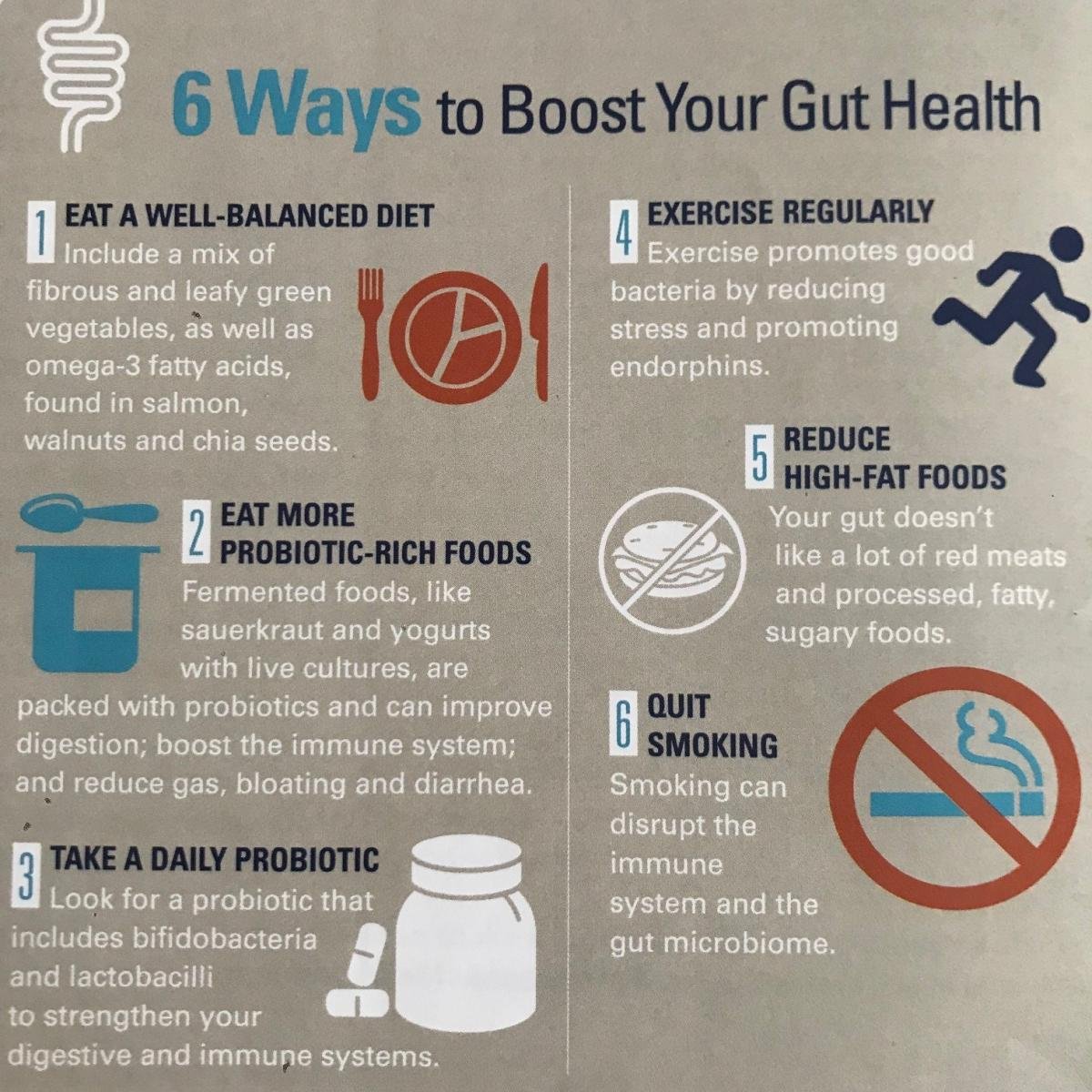
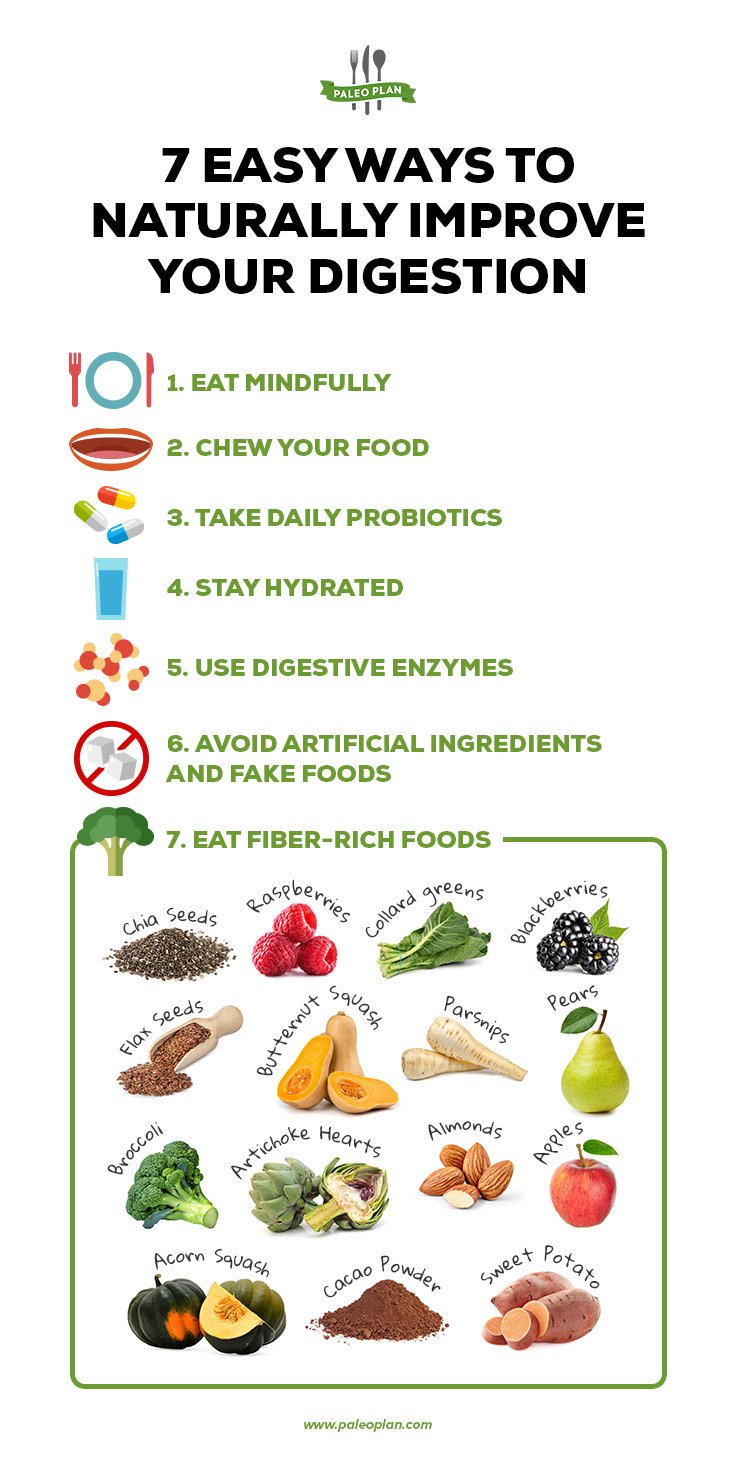
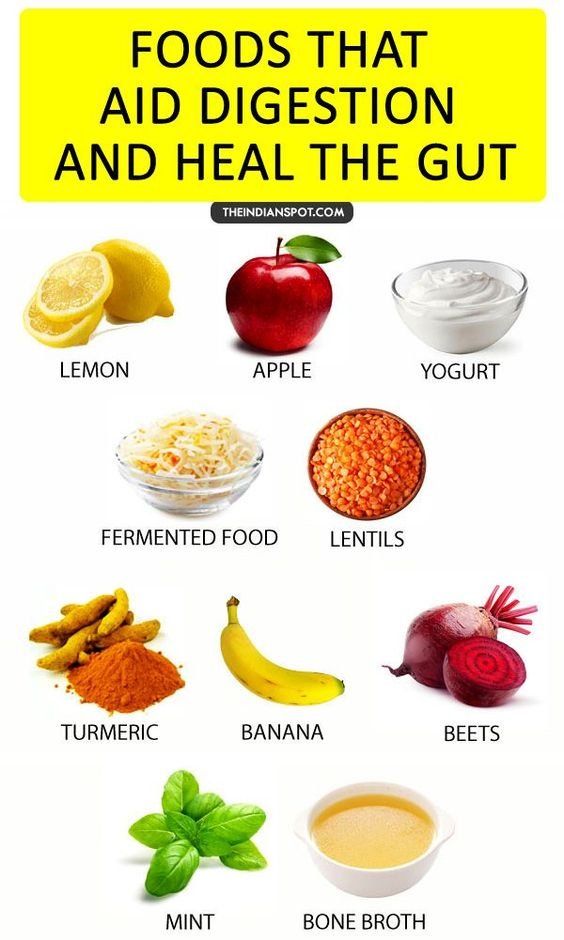
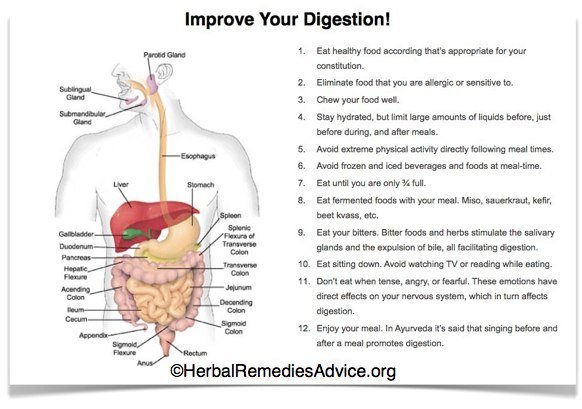
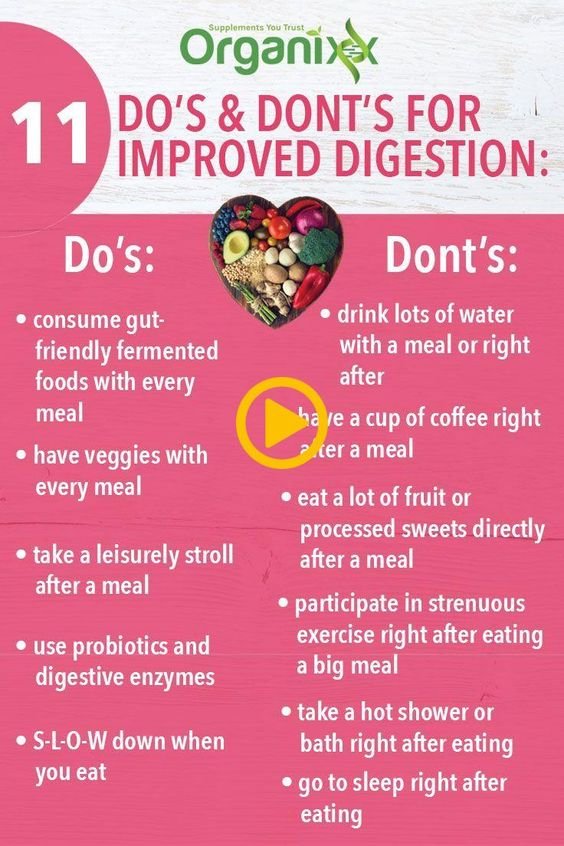
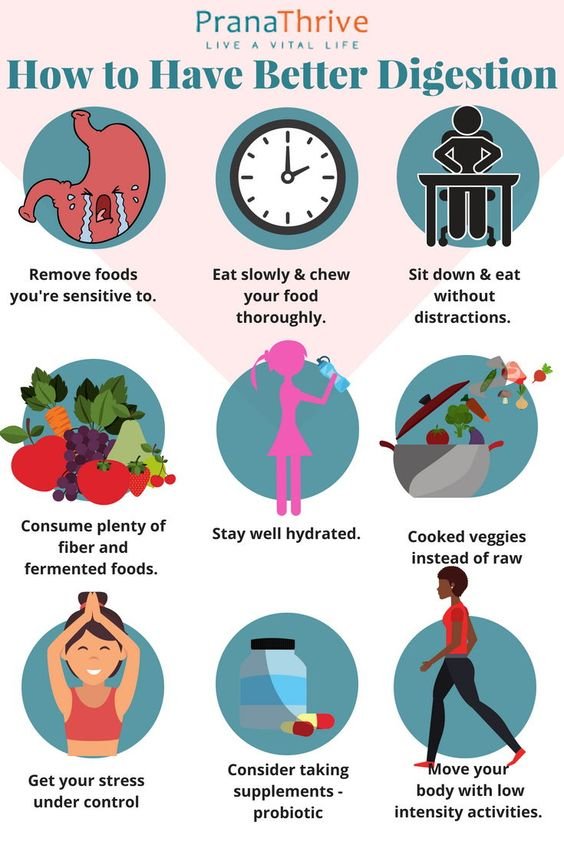
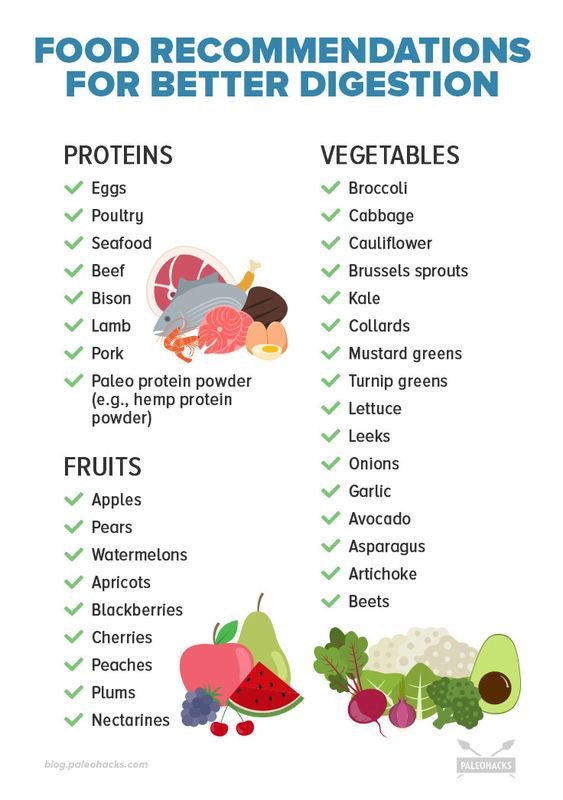
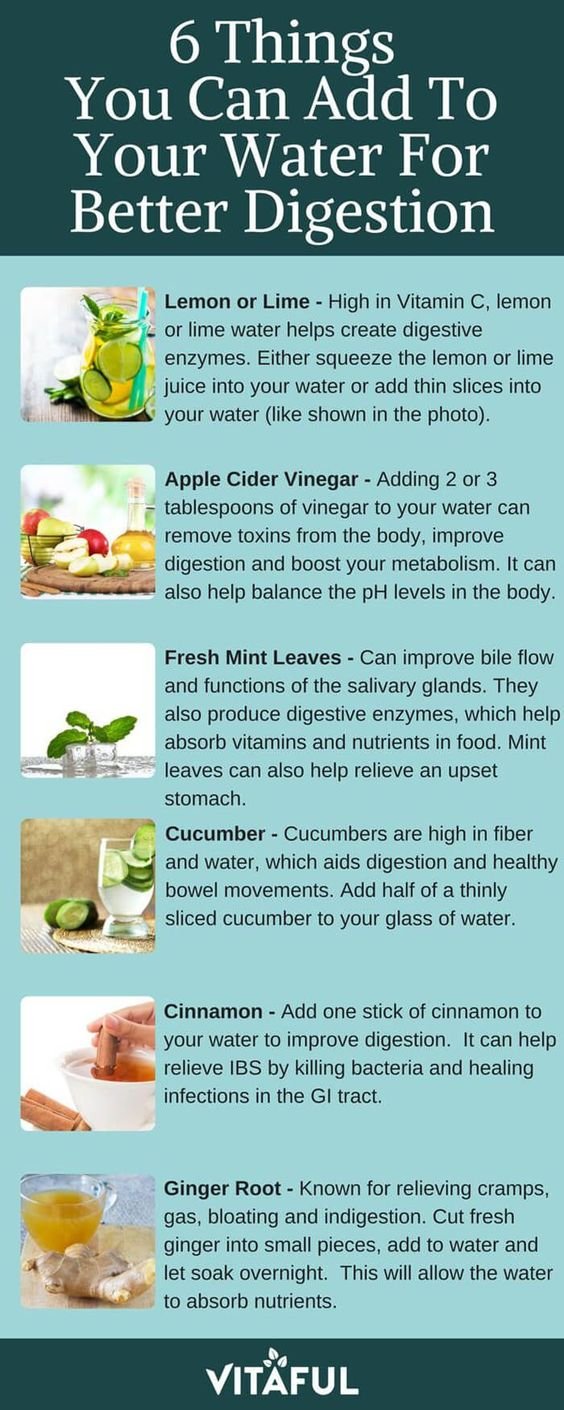
How to Boost Your Digestion
foods to improve digestion, how to improve digestive system ayurvedic, how to increase digestion speed, how to improve digestion naturally at home india, fruits good for digestion, best food for digestion problems, what helps digestion after eating, digestion problem solution, How to Boost Your Digestion




